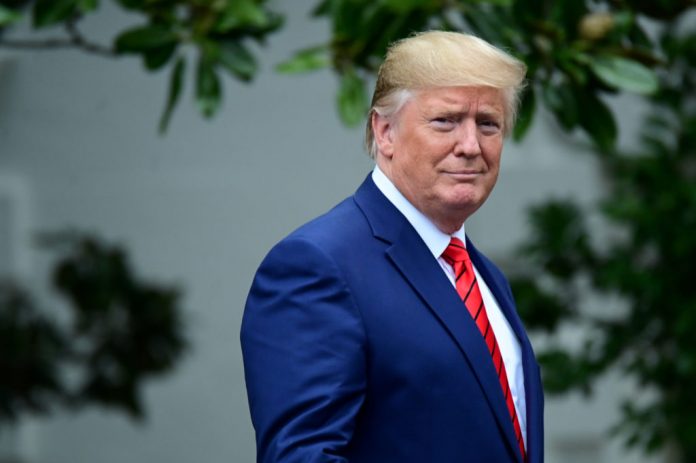By Kenneth Tiven in the USA
In the final days of his presidency, Donald Trump is playing Santa, gifting many of his friends and supporters with pardons and commutation to erase their criminal records, including over 60 this week. He has issued nearly 100 get-out-of-jail cards in his four years, most to people he knows. But this is not making a dent in the total of people incarcerated in the myriad jails and prisons of the USA. That is not his intent. He is trying to payback people who defended him against impeachment and other allegations.
In the legal context, India has about half a million people jailed or an average of 35 people per 100,000 persons. The United States by comparison has 2.2 million people incarcerated or 655 per 100,000 persons. The Indian President may not pardon persons convicted for or accused of violating state or local laws. Through the power of “commutation of sentence,” the President may reduce or completely eliminate the prison sentences being served by persons convicted of federal crimes. Any US prisoner for whatever reason can request a pardon for a federal conviction by asking the Office of the Pardon Attorney in the US Department of Justice for investigation for review.
Or in the Trump situation, the figures involved in the probe into Russian meddling in the 2016 election and others, just waited for the President to offer pardons as a way of protecting himself from down-the-road criminal proceedings. However, these pardons only apply to federal cases and do not protect someone from having to testify truthfully in a state criminal or civil proceeding. Because pardoned people are by definition no longer in legal jeopardy for federal offences, so they can no longer claim any Fifth Amendment privilege in that realm. Even if Trump tried the untested concept of pardoning himself, it would only protect against federal crimes. Its issuance would probably be challenged in federal court. State-level prosecutors in New York have been investigating a number of issues involving Trump’s campaign and business practices and are likely to be heard from in the next six months.
The least known people pardoned have been among the most controversial. Trump pardoned four men who worked for the security company Blackwater and were convicted and imprisoned for killing 14 Iraqis in a Baghdad incident in 2007. Blackwater is owned by Eric Prince, a supporter of Trump and also the brother of Trump’s Education Secretary Betsy DeVos. White House officials and Trump advisers over the course of his presidency have revealed that Trump had discussed giving Prince more government contracts. Michelle Goldberg wrote in her New York Times column that the pardons represent: “a tenet of Trumpism: absolute license for some and absolute submission for others. Nowhere is that truer than in Trump’s conception of the relationship between American soldiers and paramilitaries and foreigners”.
Trump went to Mar-a-Lago in Florida for Christmas, to play some golf but first left several live hand grenades in the US Senate for unfinished business on which the nation waits impatiently. His Twitter feed went back to his basic complaint: He claims he will veto the defense spending bill which also contains the money to keep the federal government operating because it doesn’t include a regulatory provision he wanted to make life difficult for social media companies. He then criticized the finally agreed upon Stimulus Bill for a number of things including what he called insufficient payments to low-income Americans. His Congressional Republicans had insisted it be $600 a person, but Trump now says make it $2,000, which Democrats immediately applauded. So now as unemployment runs out for millions and rent moratoriums cease at year’s end, there is fear and confusion over any Congressional action.
All of this takes place as Republicans need to win both senate seats in the January 5 runoff elections in Georgia. Trump’s lack of sensitivity on these issues, on the pandemic in general, and on his continued protestations that the election was rigged, may have the effect of depressing his own voters, especially the ones who are not immune to logic and truth. An upside to Trump’s voting fraud cases lost in court is that it debunks what Republicans have claimed for decades without proof. The GOP constantly used fraud as a rationale to roll back voting rights, insisting on voter ID regulations and proof of citizenship requirements. So the Law of Unintended Consequences invalidates Republican tropes used to disproportionately impact anyone not white, usually Black and Hispanic voters. Trump may be out of the White House on January 20 but he will not let himself be left out of the news headlines. They may not be, however, the headlines he wants.


